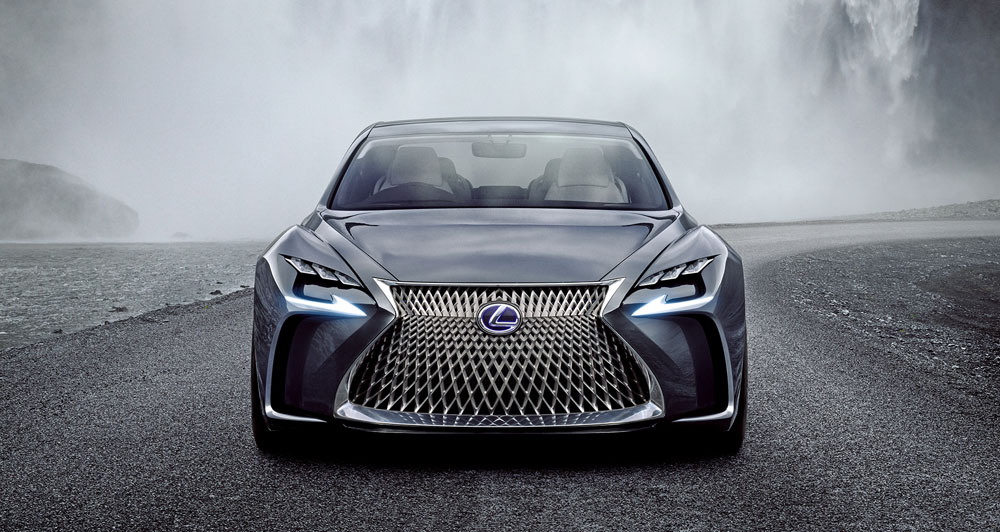Lexus will introduce plug-in hybrids and a hydrogen fuel cell LS by 2020, according to a Fleetworld interview with Lexus UK managing director Ewan Shepard:
“We will bring plug-in hybrids through in time and I think that’s where the industry will go. We’ve already got our hybrids, so we’re safe in the interim, but some of our models will have a plug-in – although we can’t confirm specifically which ones yet.
“But the long-term is about full EV and fuel cell. So it’s not unsurprising that we’ve got a whole division in Japan dedicated to EVs and another dedicated to fuel cells, as part of the $9.7bn a year we spend on research and development.”
Pushed on when we’re likely to see a hydrogen-fuelled Lexus, Shepherd said: “We haven’t got a date for that, but it will be on the back of LS. We revealed the concept two years ago, which showed the capability within Lexus. There’s no firm commitment in time to introduce it, but I would imagine the next two or three years is realistic.”
A fuel cell variant of the LS is expected to be part of the Japan’s hydrogen power push during the 2020 Olympics in Tokyo. It’s a natural fit, as the quiet operation and advanced technology matches the flagship perfectly.

The plug-in hybrid, on the other hand, is something new — Lexus (and Toyota in general) has long avoided the technology in favor of the standard hybrid powertrain.
The new Toyota Prius Prime has a decent electric range of 25 miles (43 kms), but little horsepower. Shifting that 1.8L four-cylinder engine to Lexus limits the application to the CT and possibly the upcoming UX crossover — any other models would likely need a more powerful powertrain option.
Which models should be equipped with an extension cord? Let’s hash it out in the forums.


Comments